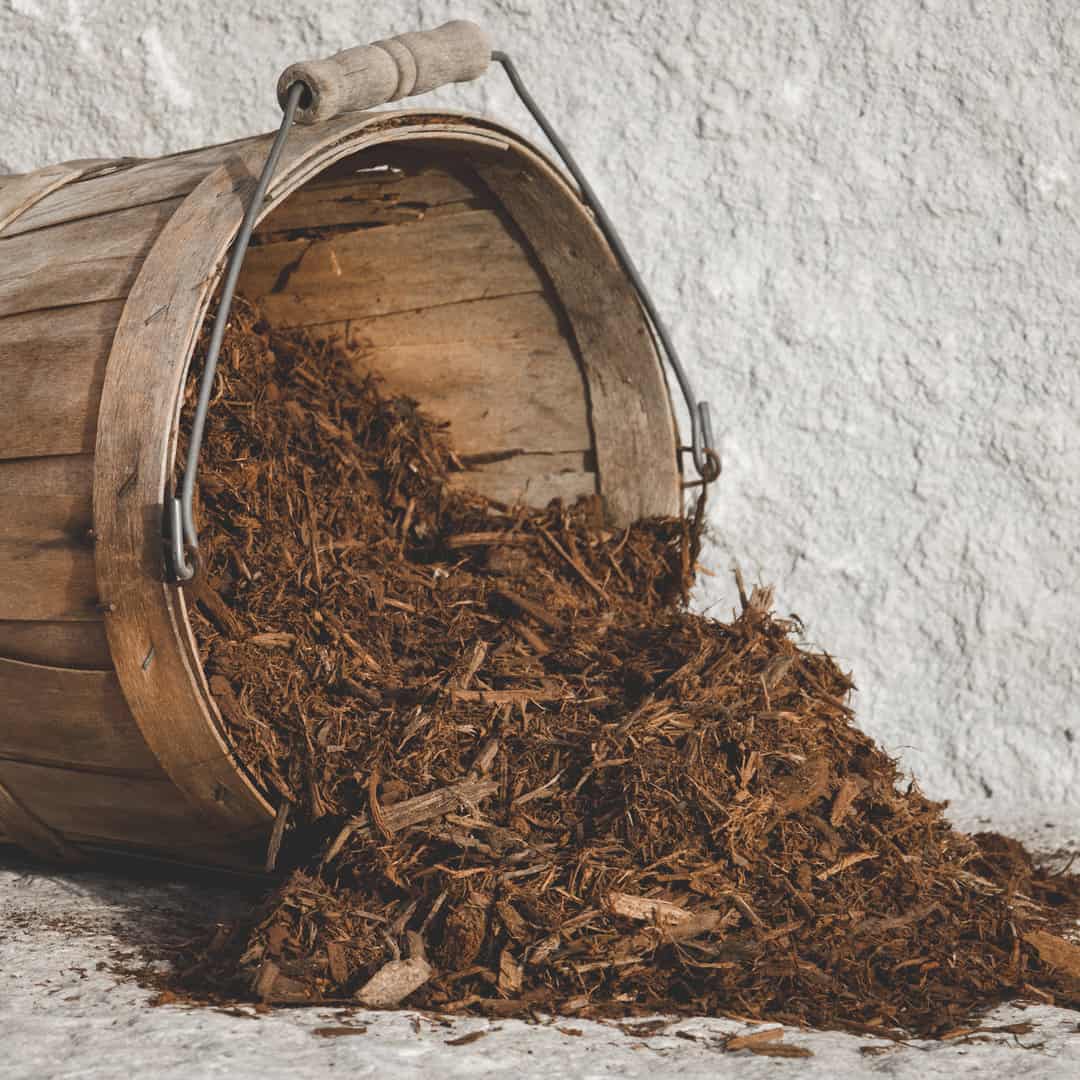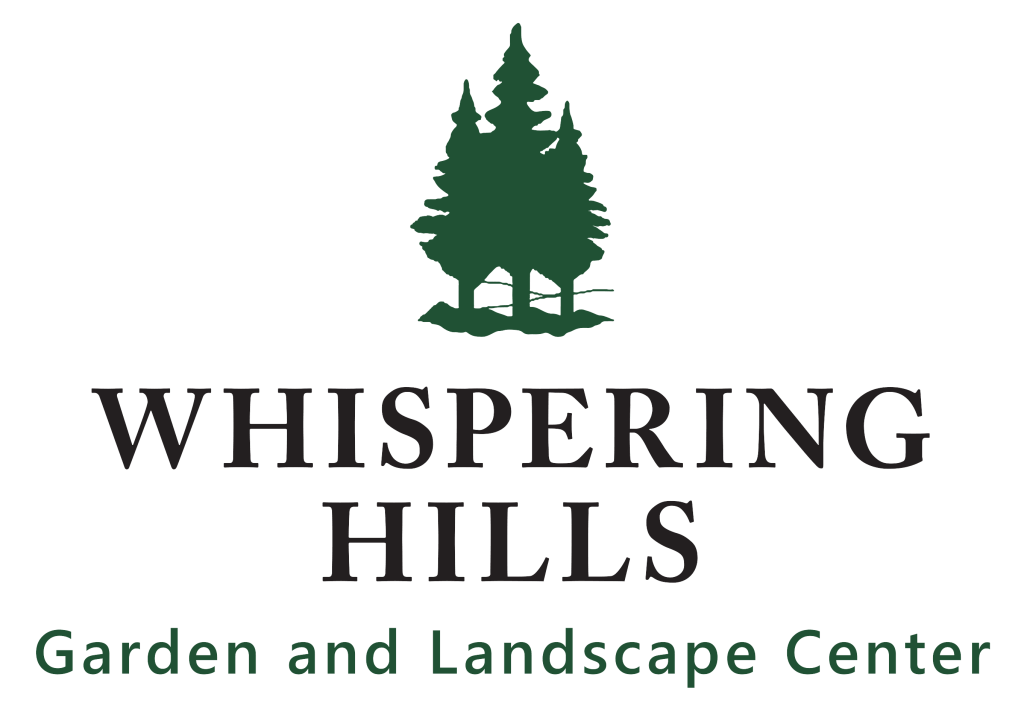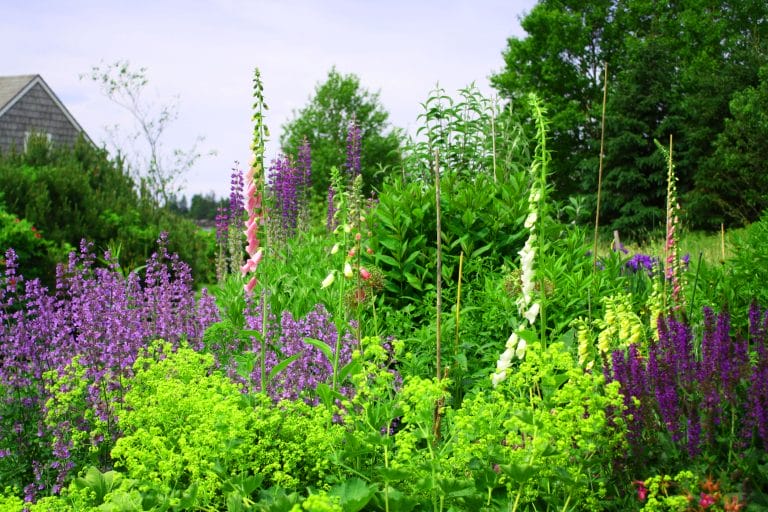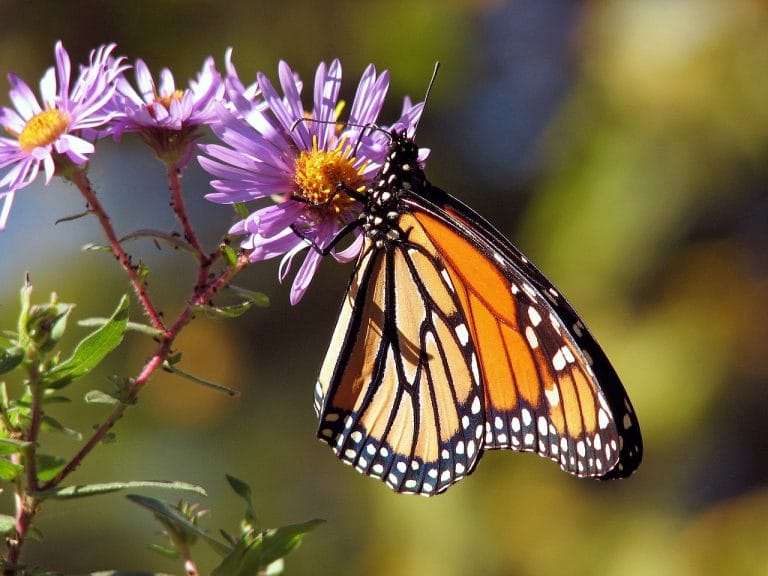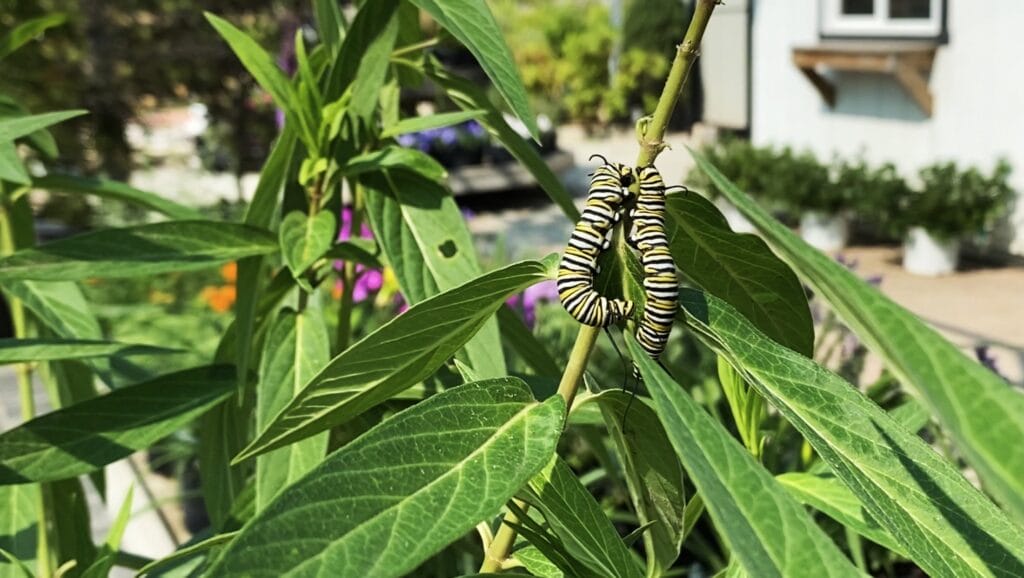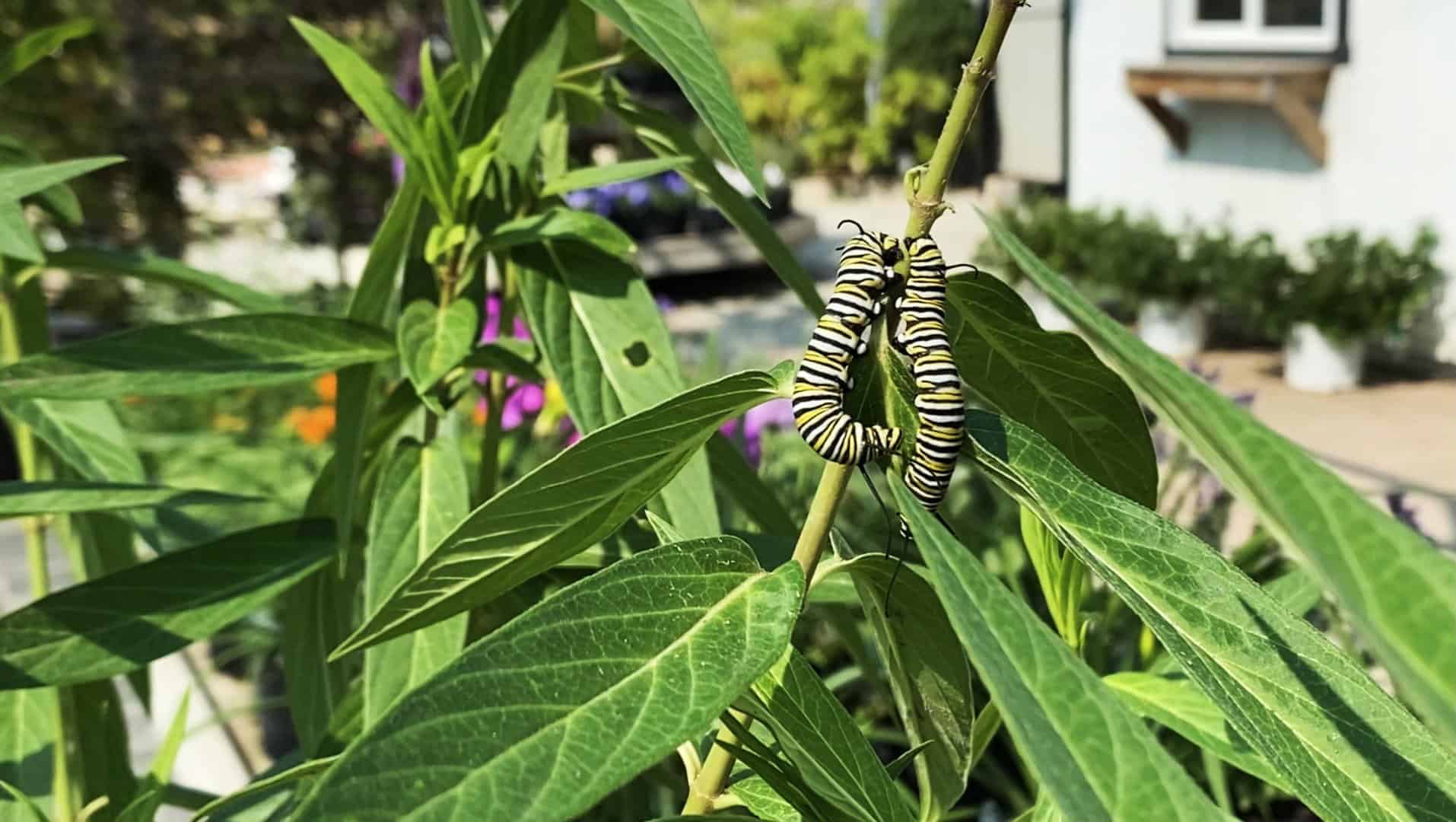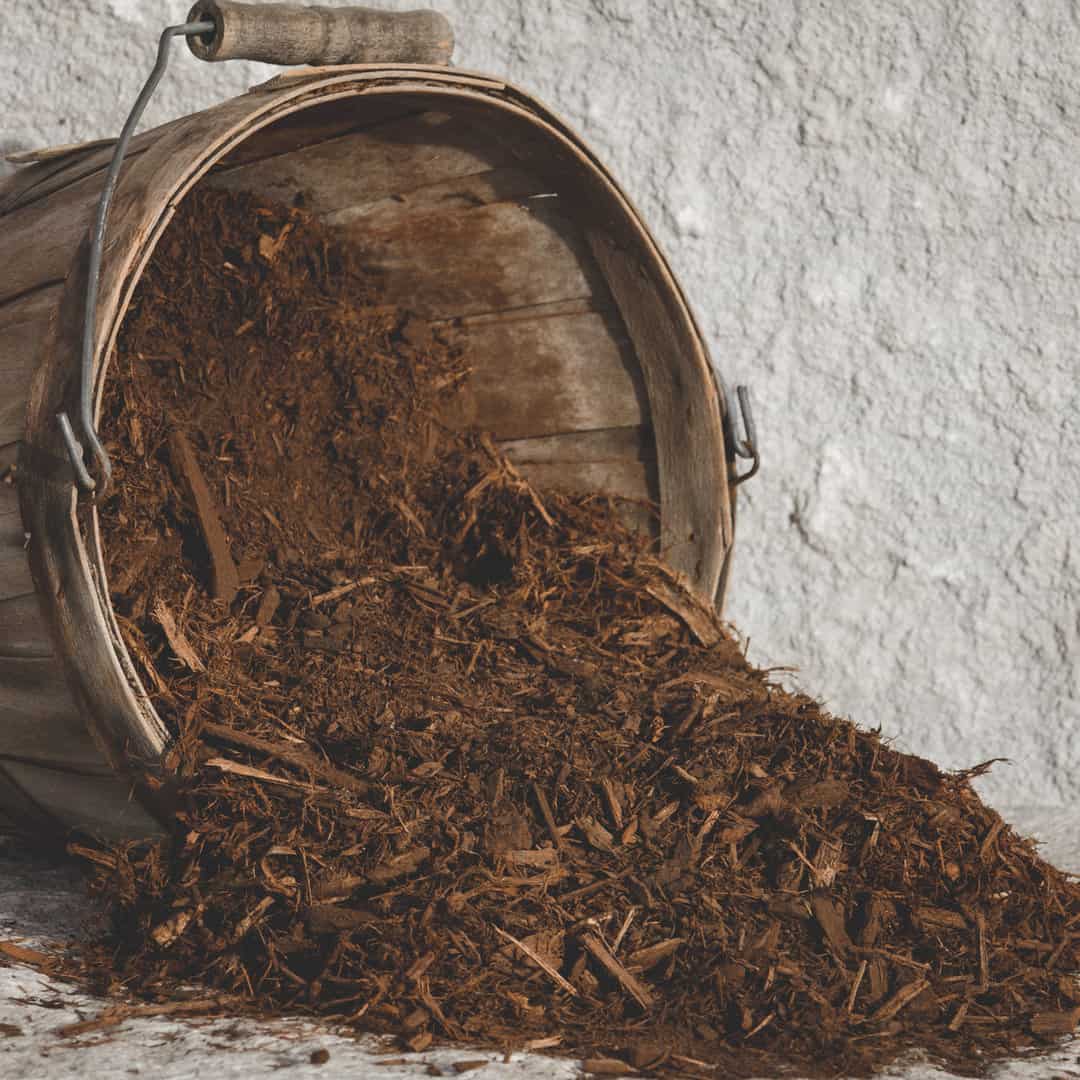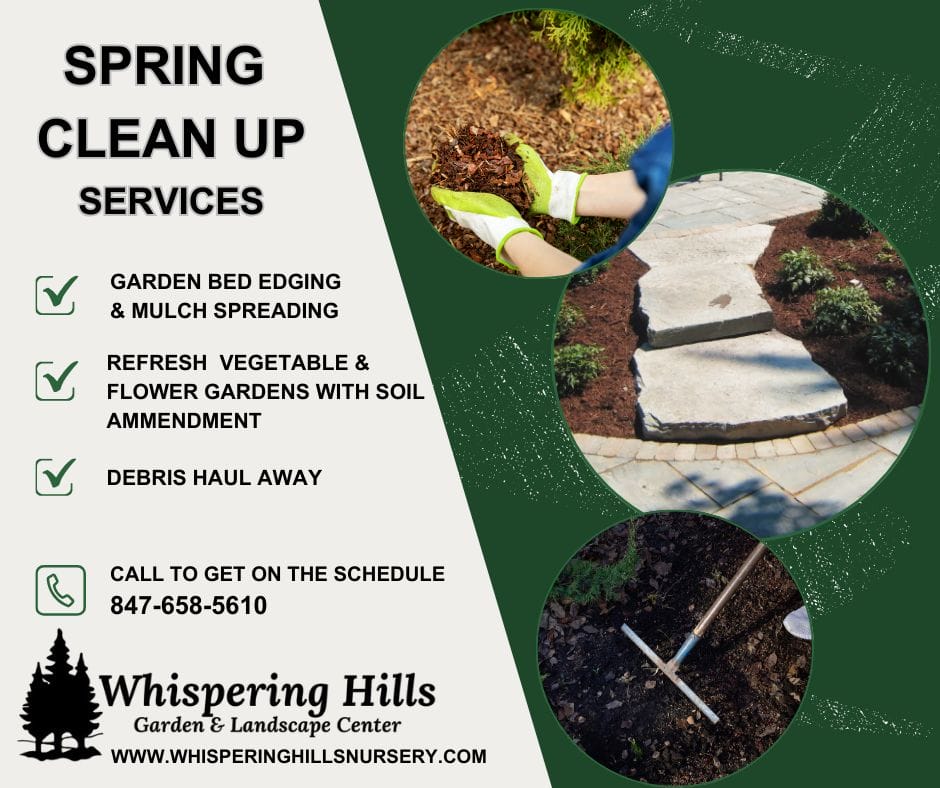You may have heard of pollinator gardens or pollinator plants, and you likely know that bees are a large part of the pollination process of plants. While bees are definitely important pollinators and commonly known plants like lavender are excellent for pollinators, what even is a pollinator? Simply put, pollinators are anything that helps carry pollen from the male part of a flower, to the female part of the same (or another) flower. Pollinators can be bees, but they can be a whole range of other insects, animals and parts of the garden. Pollination is often necessary for flowering, food production and otherwise maintaining the natural cycle of plant life.
As explained by the US National Parks Service, “the movement of pollen must occur for the the plant to become fertilized and produce fruits, seeds, and young plants. Some plants are self-pollinating, while others may be fertilized by pollen carried by wind or water. Still, other flowers are pollinated by insects and animals – such as bees, wasps, moths, butterflies, birds, flies and small mammals, including bats.”
Continuing, “insects and other animals such as bats, beetles, and flies visit flowers in search of food, shelter, nest-building materials, and sometimes even mates. Some pollinators, including many bee species, intentionally collect pollen. Others, such as many butterflies, birds and bats move pollen accidentally. Pollen sticks on their bodies while they are drinking or feeding on nectar in the flower blooms and is transported unknowingly from flower to flower resulting in pollination.”
Some fast facts about pollinators:
One out of every three bites of food you eat exists because of the efforts of pollinators, including many fruits, vegetables, and seeds. Pollinators not only are necessary for our own food, but support the food and habitat of animals.
Healthy ecosystems depend on pollinators. At least 75 percent of all the flowering plants on earth are pollinated by insects and animals! This amounts to more than 1,200 food crops and 180,000 different types of plants—plants which help stabilize our soils, clean our air, supply oxygen, and support wildlife.
In the United States alone, pollination by honey bees contributed to over $19 billion of crop production in 2010, while pollination by other insect pollinators contributed to nearly $10 billion of crop production.
Pollinators are deeply important for ensuring the health of plants, a garden, your landscape and nature as a whole. Keeping pollinators in mind, and what they like to eat and are attracted too, while designing your landscape is a wonderful way to make sure that your landscape will be healthy for years to come, while also giving back to your local ecosystem. Plant a flower bed today, and the pollinators will thank you tomorrow.
Whispering Hills Garden and Landscape Center is a full service landscape center and nursery located in Cary, Illinois. Stop in today to schedule a Spring 2022 cleanup. (Updated: 3/3/22)
Shop Archive
